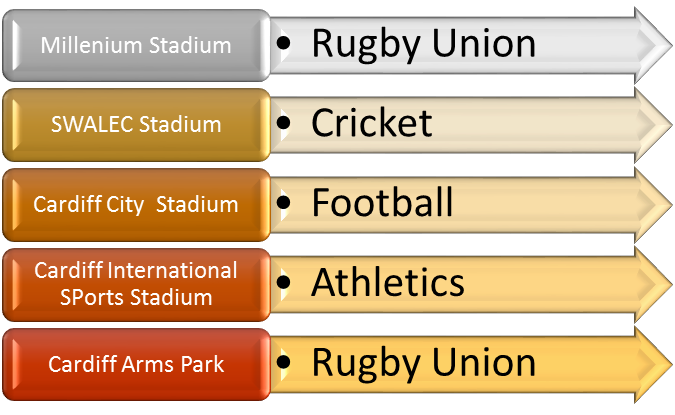Course Content
- The business context (K Level 4/5)
- The rationale for business analysis
- Sectors of the economy
- Business environment analysis
- The legal and regulatory framework for business analysis
- SWOT analysis
- Business performance measurement
- Business analysis within the lifecycle for business change
- Stages of the lifecycle
- Business analysis techniques (K Level 4/5)
- Investigating and documenting business situations
- Stakeholder analysis and business perspectives
- Modelling business activities
- Business events
- Business rules
- Gap analysis
- Business case development (K Level 4/5)
- Rationale for making a business case
- Contents of a business case
- Options
- The financial case
- Investment appraisal techniques
- Risk analysis
- Impact analysis
- Lifecycle for the business case
- Requirements definition (K Level 4/5)
- Requirements engineering
- Requirements elicitation
- Requirements analysis
- Requirements validation
- Requirements management and documentation (K Level 4/5)
- Requirements management
- Change control
- Version control
- Tools in requirements management
- Types of requirements
- Documenting requirements
- Requirements modelling
- Knowledge-based specialism (K Level 2/3)
- Relevance of the selected module to business analysis
- The holistic view of a business system
- Professionalism and business analysis
- Projects and business analysis
- Practitioner specialism (K Level 2/3)
- Relevance to the business analyst role
- Relevance of the module to an organisation
Description of the module

 ENQUIRE
ENQUIRE
 REQUEST CALLBACK
REQUEST CALLBACK
 GET A FREE QUOTE
GET A FREE QUOTE


 Introduction
Introduction Course Details
Course Details Course Content
Course Content



 ule exams –
ule exams –

 London
London